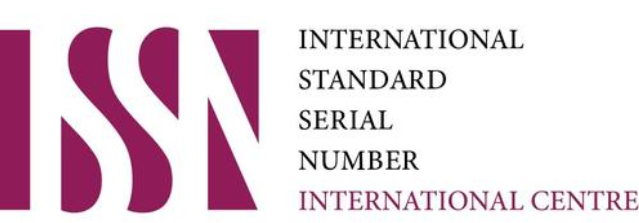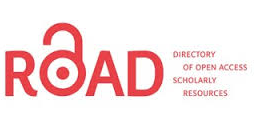Journal of Lahore Medical and Dental College (JLMDC) strongly believes in research integrity and follows the principles of transparency and best practice in scholarly publishing as suggested by leading organizations like International Committee of Medical Journal Editors (ICMJE), World Association of Medical Editors (WAME), Committee of Publication Ethics (COPE), Council of Science Editors (CSE), Directory of Open Access Journals (DOAJ), Open Access Scholarly Publishers Association (OASPA) and Pakistan Association of Medical Editors (PAME).
Plagiarism: Authors must not use the same words, figures, or thoughts of others without acknowledgement. All references must be quoted at the point they are used, and reuse of wording must be limited. Manuscripts that are found to have been plagiarized from a manuscript by other authors, whether published or unpublished, will be rejected and the author will be asked to review the article.
Duplicate Submission: It is immoral to submit the same manuscript to more than one journal at a time. It is basically a wastage of time for editors and peer reviews and it questions the reputation of the authors and the journals if published in more than one journal as the later publication will have to be recanted.
Redundant Publication (Salami Publication):
Citation Manipulation: Citation manipulation is a problem when references do not contribute to the scholarly content of the article and are included solely to increase citation. Sanctions for citation manipulation may include dismissal of editors from editorial roles or removal or rejection of journals from citation indexes.
Fabrication and Falsification: Data fabrication means the researcher did not actually do the research work but faked the data. Data falsification means the researcher did the investigation, but then manipulated some of the data.
Authorship and Acknowledgements: Every individual designated as an author of a scientific manuscript should meet the criteria for authorship, and each qualified author should be acknowledged. Each author must have actively participated in the work, assuming public accountability for relevant sections of the content, and have provided a substantial intellectual contribution to the submitted manuscript. Any contributors who do not meet the authorship criteria should be acknowledged in the acknowledgments section.
Conflict of interest: A conflict of interest in research arises when an individual's personal interests or goals, whether actual or perceived, could take precedence over their obligations and responsibilities as a researcher. These conflicts can encompass both financial and non-financial advantages and may be rooted in personal associations or differing ideologies.
Authors: Authors are required to fully disclose all potential conflicts of interest, encompassing both financial and non-financial interests and relationships, to the journal's editors upon submission. Authors should also report any conflicts of interest that may have influenced either the execution or the presentation of the research to the editors. Declared conflicts of interest will be deliberated upon by the editor and reviewers and will be included in the published article.
Editors and Reviewers
Editors and reviewers should decline involvement with a submission under the following circumstances:
Sanctions: In the event that the Ethical Board identifies violations of publication ethics policies, the following sanctions may be imposed:
Furthermore, additional sanctions may be considered for particularly serious ethical infractions.
Investigations: The investigating committee has the authority to request authors to furnish the underlying data and images, engage in discussions with editors, and reach out to institutions or employers for the purpose of initiating an inquiry or expressing concerns.
Corrections and retractions: If errors are identified in published articles, the publisher will assess the necessary steps and may seek input from both the editors and the authors. Author-related errors can be addressed through a corrigendum, while publisher-related errors will be corrected through an erratum. All authors will be requested to acknowledge the content of the notice.



Print ISSN: 3007-9462
eISSN:3007-8393
J Lah Med Dent Coll is the Journal of Lahore Medical & Dental College.
Journal of Lahore Medical and Dental College © 2024 sponsored by Lahore Medical and Dental College is licensed under CC BY 4.0 .
